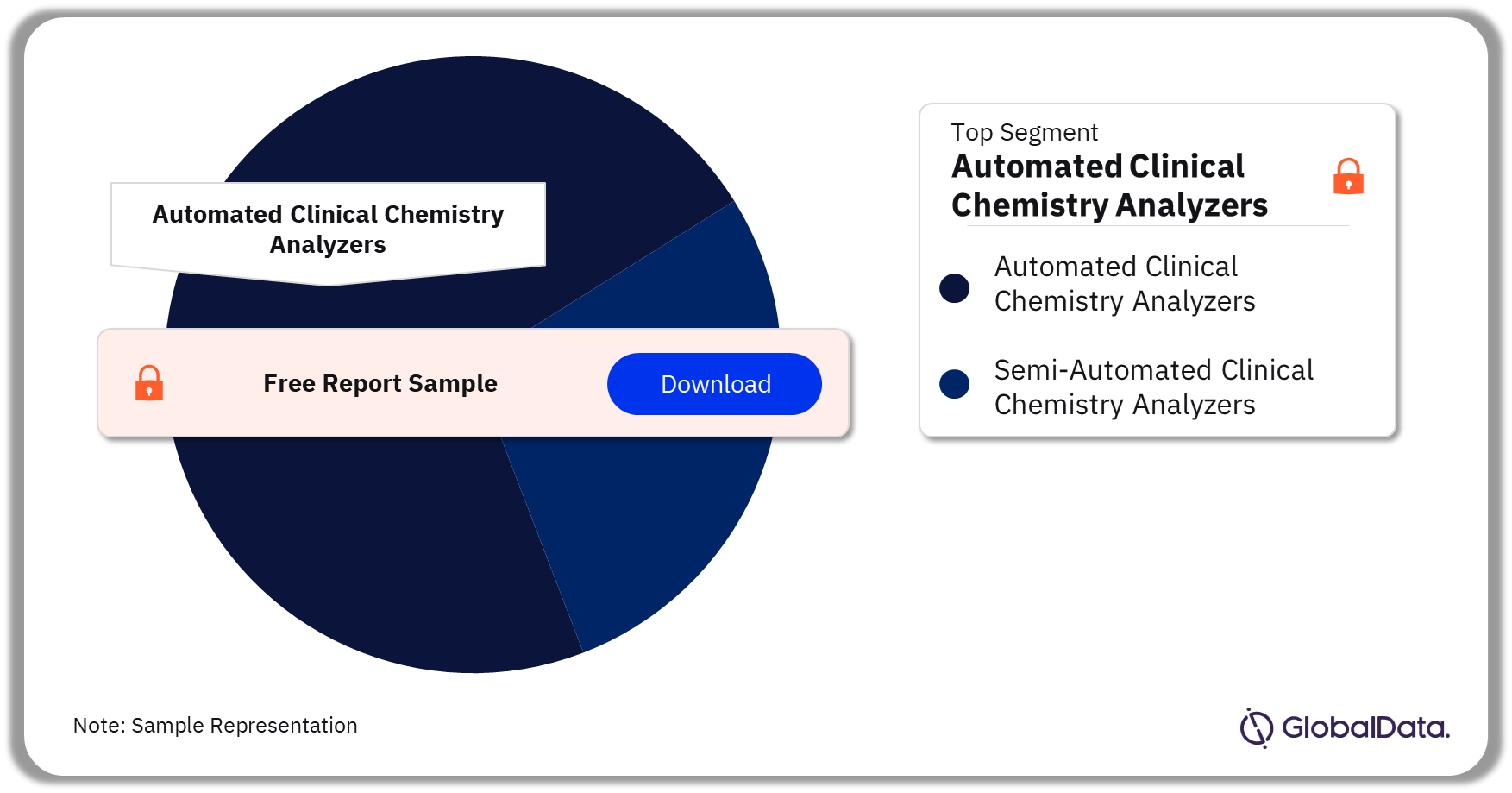Clinical chemistry analyzers play a crucial role in modern healthcare, providing rapid and accurate analysis of blood and bodily fluids for diagnostic and monitoring purposes. These analyzers have become indispensable tools for medical laboratories, hospitals, and clinics worldwide, facilitating the detection and management of various diseases and conditions.
Introduction to Clinical Chemistry Analyzers
Clinical chemistry analyzers are automated systems designed to perform a wide range of biochemical tests on patient samples, including blood, serum, plasma, urine, and cerebrospinal fluid. These tests cover parameters such as glucose, cholesterol, liver enzymes, electrolytes, hormones, and drugs, among others. By measuring these biomarkers, clinicians can assess the health status of patients, diagnose diseases, monitor treatment efficacy, and detect abnormalities before they manifest clinically.
Types of Clinical Chemistry Analyzers
There are several types of clinical chemistry analyzers available, each suited to different settings and applications. Benchtop analyzers are compact and ideal for small to medium-sized laboratories with limited space. Floor-standing analyzers are larger and more comprehensive, suitable for high-volume testing in centralized laboratories. Portable analyzers offer flexibility and convenience, enabling testing at the point of care, such as in ambulatory settings, emergency rooms, or physician offices.
Key Components of Clinical Chemistry Analyzers
Clinical chemistry analyzers comprise various modules and technologies tailored to perform specific tests. Photometric analyzers utilize light absorption or emission to quantify analytes based on colorimetric reactions. Electrochemical analyzers measure electrical current generated by redox reactions, commonly used for glucose and electrolyte testing. Immunoassay analyzers employ antigen-antibody interactions to detect and quantify hormones, proteins, and drugs with high sensitivity and specificity.
Market Trends and Growth Factors
The clinical chemistry analyzers market is driven by several factors contributing to its growth and expansion. Technological advancements have led to the development of faster, more accurate, and user-friendly analyzers with enhanced functionality and connectivity. The increasing demand for point-of-care testing is fueling the adoption of portable and handheld analyzers, facilitating rapid diagnosis and treatment decisions at the bedside or in remote settings. Moreover, the rising prevalence of chronic diseases such as diabetes, cardiovascular disorders, and kidney diseases is driving the need for routine monitoring and early detection of metabolic abnormalities.
Major Players in the Market
Several prominent companies dominate the global clinical chemistry analyzers market, leading innovation and setting industry standards. Abbott Laboratories, known for its ARCHITECT series of analyzers, offers a comprehensive portfolio of testing solutions for clinical chemistry, immunoassay, and hematology. Siemens Healthineers is another key player, renowned for its ADVIA and Dimension series of analyzers, featuring advanced technologies for high-throughput testing and workflow optimization. Roche Diagnostics, with its cobas series of analyzers, excels in precision and performance, catering to diverse laboratory needs worldwide.
Regional Analysis
The clinical chemistry analyzers market exhibits regional variations in terms of market size, growth potential, and regulatory landscape. North America dominates the market, driven by a robust healthcare infrastructure, high adoption of advanced technologies, and a favorable reimbursement scenario. Europe follows closely, buoyed by increasing healthcare expenditure, rising geriatric population, and government initiatives to modernize laboratory facilities. The Asia Pacific region presents significant growth opportunities, fueled by expanding healthcare access, growing investment in healthcare infrastructure, and rising awareness about preventive healthcare measures.
Challenges and Opportunities
Despite the promising growth prospects, the clinical chemistry analyzers market faces several challenges and opportunities. Regulatory hurdles, such as stringent approval processes and compliance requirements, pose barriers to market entry and product commercialization. However, the integration of artificial intelligence and machine learning holds promise for enhancing analytical performance, improving diagnostic accuracy, and streamlining workflow efficiency. Emerging markets in Asia, Latin America, and Africa present untapped opportunities for market expansion, driven by increasing healthcare spending, growing disease burden, and expanding access to diagnostic services.
Future Outlook
Looking ahead, the clinical chemistry analyzers market is poised for further evolution and innovation. The convergence of technology and healthcare is paving the way for personalized medicine, where diagnostics and treatment strategies are tailored to individual patient profiles, improving clinical outcomes and patient satisfaction. Additionally, the growth of telemedicine and remote monitoring is revolutionizing healthcare delivery, enabling access to diagnostic services and specialist consultations in underserved areas. Advancements in data analytics and artificial intelligence will continue to drive insights into disease mechanisms, biomarker discovery, and treatment optimization, shaping the future of healthcare delivery and patient management.
Conclusion
In conclusion, the clinical chemistry analyzers market is experiencing steady growth driven by technological advancements, increasing demand for point-of-care testing, and the rising burden of chronic diseases. Major players such as Abbott Laboratories, Siemens Healthineers, and Roche Diagnostics are at the forefront of innovation, offering sophisticated testing solutions to meet the evolving needs of healthcare providers worldwide. Despite challenges such as regulatory complexities and market competition, the future outlook for clinical chemistry analyzers remains promising, with opportunities for growth, innovation, and improved patient care.
Buy the Full Report for More Insights into the Clinical Chemistry Analyzers Market Forecast, Download a Free Report Sample

